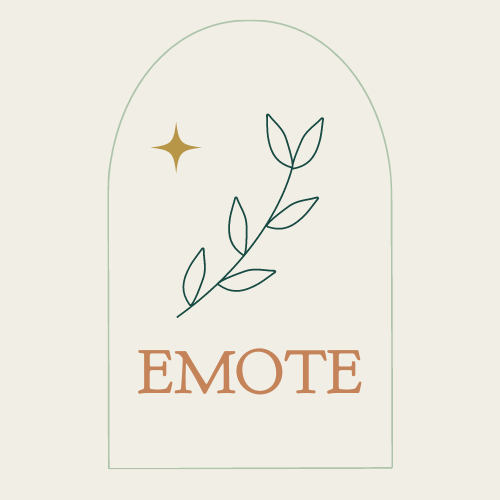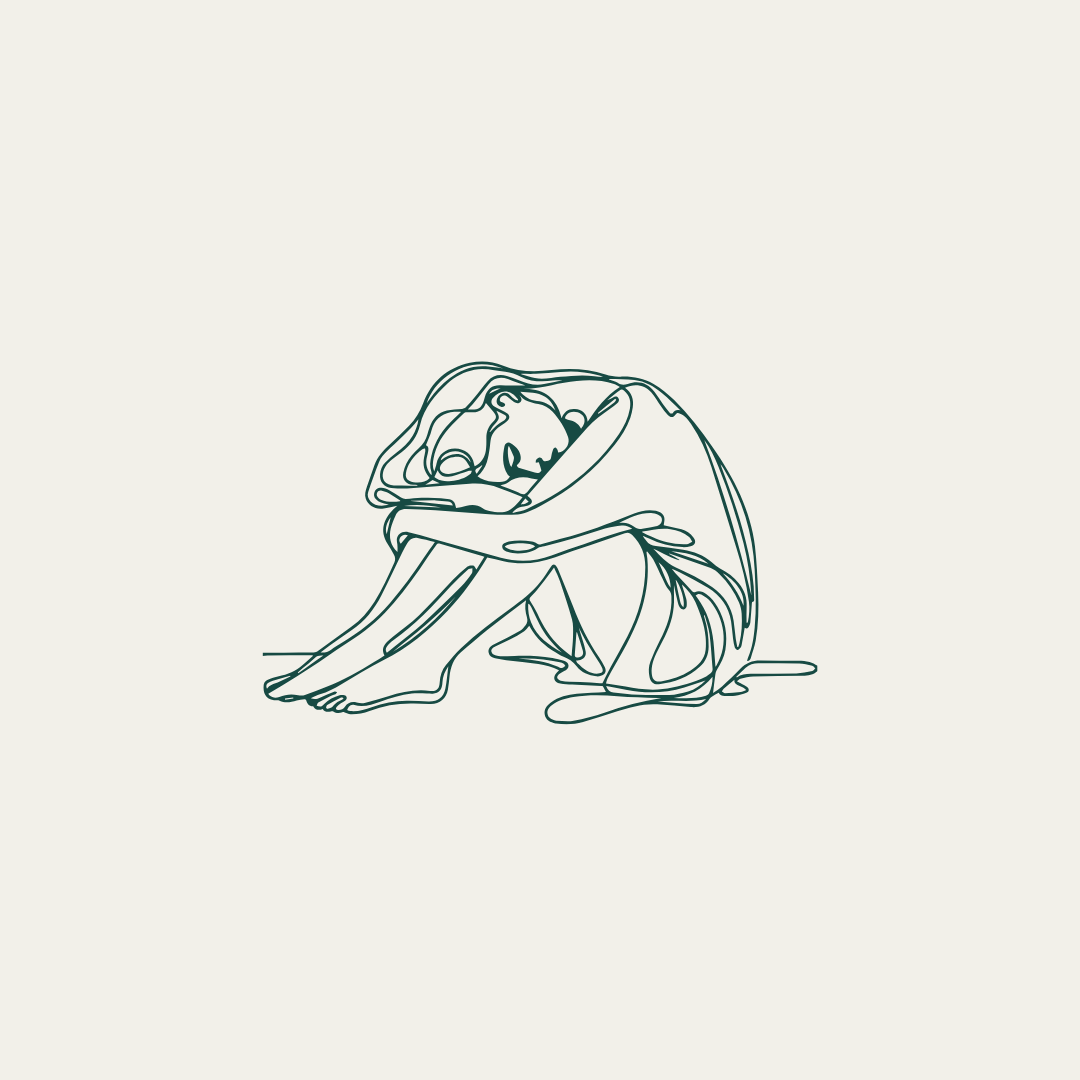When we’re reaching for someone who isn’t good for us, what are we really reaching for? Love. Belonging. Safety. Validation. Connection. We’re not just reaching for a person—we’re reaching for a nervous system state. We’re trying to feel secure. Seen. Held. You’re trying to feel connected, cared for, understood. Maybe even just okay for a minute. We’re wired that way. Our need for love and belonging is as essential to our survival as food, water, and shelter. Neuroscience shows that the brain processes social pain—like rejection or abandonment—in the same regions (the anterior cingulate cortex) where it processes physical pain. That’s why heartbreak hurts the way it does: the brain treats it like injury.
When our social needs aren’t met, we suffer—physically, mentally, emotionally. To ease that suffering, we may engage in relationships that soothe us temporarily, even if they’re ultimately harmful. The pain of disconnection can drive us to make choices that feel like connection but actually deepen our isolation. We’ll ignore the red flags. Not because we’re weak, but because we’re human—and humans seek relief. The solution isn’t just getting more comfortable being alone. It’s getting better at building real, supportive community. You need to build it like your life depends on it—because it does.
Breaking connection hurts, even when the connection itself is harmful. That’s the confusing part. Our nervous systems are designed to avoid pain and stay safe—and historically, being part of a group was safety. When we think about leaving someone, our body can register it as danger. As abandonment. Even when that person is actively hurting us, and the logical choice is to leave. Maybe you grew up in an environment where people stayed even when their relationships were hurting them. Somewhere deep in your wiring, home might feel like a place where love and pain go together. So, your challenge now is becoming the kind of person who can do what wasn’t shown to you—someone who knows when to let go, even when it hurts.
When your body and your history are pulling you in one direction, and your brain is begging you to run in the other. When you’re in that kind of split, one of the most powerful things you can do is step back and just observe. No judgment. Just curiosity.
Ask yourself:
What am I truly reaching for in this relationship—love, safety, validation, or simply relief?
What does my body experience when I am alone—can I sit with that feeling, or does it trigger fear or panic?
Which patterns from my past—especially from early relationships or family—am I repeating now in this connection?
And then, look forward:
What might my life feel like if my needs for love and belonging were met without so much pain or confusion?
What could become possible if I had a support system that offered care without harm?
What fears, beliefs, or habits stand in the way of allowing that kind of love into my life?
What stands in the way of letting that kind of love in?
Sometimes the answers aren’t easy. And you don’t have to figure them all out alone. Working with a therapist can help you slow the cycle down, notice what’s happening in your body, and make new choices that feel more aligned with what you actually want. Because here’s the truth: if you’re starving, you stop caring whether the food is good for you. You just want to eat. You want to survive. Relationships work the same way. If you’re starved for love and connection, you’ll reach for whatever fills the hole—even if it’s something that’s hurting you. But the more you feed yourself with care, with community, with people who see you clearly and treat you kindly, the easier it gets to walk away from the things that don’t. You will start recognizing scraps for what they are, and slowly, you will stop settling for less than love. You will develop the strength to endure loneliness long enough to hold out for love that does not hurt to hold.
-EMOTE
Sarah Sevedge has a Ph.D. in Counseling Psychology and is a licensed mental health counselor in private practice.
Disclaimer: The content provided is for educational and informational purposes only. It is not intended as healthcare or medical information nor to diagnose or treat any disorder or condition. It does not constitute personal or professional consultation or create a therapist-client relationship.

